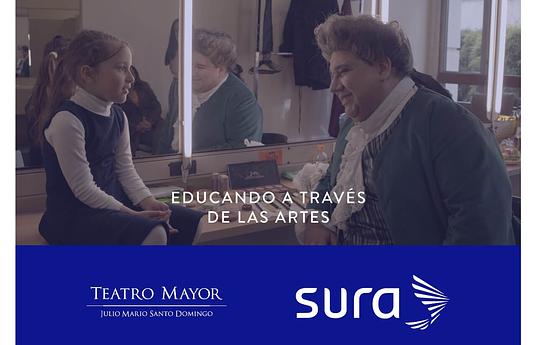A quality education is life changing. It can mean better life choices, greater agency, and improved livelihoods. Yet in Sub-Saharan Africa, many children, especially girls and those from poorer or rural backgrounds, complete school without the education they need to reach their full potential. Millions attend under resourced schools with weak management, ineffective teaching, and limited support for learning. Challenges like teacher absenteeism, an overloaded curriculum, and lack of pedagogical training further undermine progress. For over 15 years, PEAS has focused on delivering low cost, quality education in low resource contexts. Evidence from our school networks shows improved learning outcomes for students with lower prior attainment. This progress is linked to stronger school leadership, more motivated and supported teachers, and robust child protection practices.
To improve education on a national scale, PEAS partners with governments to strengthen education systems using our practical, proven approaches. We created the TIEEZ programme to show that improving education quality at scale is possible. In Zambia, following the expansion of free education, there was a clear need: rising enrolment was not matched by improvements in quality. TIEEZ was collaboratively designed with the Ministry of Education to meet this need – it builds leadership, strengthens management, improves teaching, and uses data for ongoing improvement, all within existing government systems.
Over 15 years, PEAS has developed a structured school improvement model that helps schools create quality, inclusive, and safe learning environments, even in low-resource contexts. Since 2019, we have been working hand in hand with governments to adapt and embed this model into government partner schools. This model is the core of what the TIEEZ programme looks like in practice.
At the heart of TIEEZ is the belief that empowered, accountable school leaders drive lasting improvement. Our evidence shows that strong leadership is key to better learning outcomes, improved inclusion, and safer school environments.
The model creates a continuous cycle of improvement through three interconnected components: annual whole-school assessments to identify strengths and needs; evidence-based school improvement workshops to build skills and set priorities; and ongoing coaching and monitoring to sustain momentum. Leaders receive practical support across three core areas: Teaching & Learning, Safeguarding, and Leadership & Management.
Our digitised processes ensure that school leaders use real-time data to guide decisions and monitor progress throughout the year, making sustainable, student-centred change possible at scale.
Since 2008, PEAS has grown to become one of the largest not-for-profit school networks in Sub-Saharan Africa. Building on our practical experience of improving learning outcomes, inclusion, and management in our own schools, we began working with governments to embed our core school improvement model in government schools. This started with 10 schools in Uganda in 2019. Through strong partnerships with governments in Uganda, Zambia, and Ghana, PEAS has now scaled our model to over 300 schools, reaching over 270,000 learners. Positive evidence of impact, including improvements in school management, teaching practices, student safety, and learning outcomes, has underpinned this expansion.
In 2021, we launched the Targeted Improvement for Equitable Education in Zambia (TIEEZ) programme, based on the positive evidence demonstrating the impact PEAS' school improvement model. The initial 20 pilot schools have shown consistent, long-term improvements across all focus areas, informing phased scaling. Today, TIEEZ supports 130 government primary and secondary schools across Zambia, reaching over 40,000 learners.
Our ambition is not just to scale numbers, but to embed sustainable school improvement practices into national systems, strengthening education quality for all children, especially in under-served communities.
We are continually learning from the schools we work with, our school networks, and the education systems we work within. As a result, adaptation is a core part of how our innovation evolves. The TIEEZ programme was built on the foundation of our successful I&I programme in Uganda, but collaboratively adapted to fit the Zambian government education systems and to align with national priorities and structures.
On a smaller scale, we also tailor our approach to the specific needs of each school. While the core of the model (focusing on leadership, teaching and learning, safeguarding, and continuous data-driven improvement) remains consistent, we work flexibly to respond to local challenges and priorities. This balance between staying true to our evidence-based model and adapting to local needs ensures that our support is both relevant and effective, and strengthens long-term sustainability.
We know that the core of the TIEEZ programme, the PEAS School Improvement Model, can be effectively adapted in other countries and contexts. We have successfully made the transition from Uganda, to Zambia, and now Ghana, and would welcome discussion about opportunities for future partnership or collaboration. To learn more about our model and how we have successfully implemented it, please find our reports and open sources resources on our website, at https://www.peas.org.uk/resources-reports/, and check out our YouTube channel to hear from the implementers themselves. To find out more about our School Improvement Model, please contact info@peas.org.uk.


